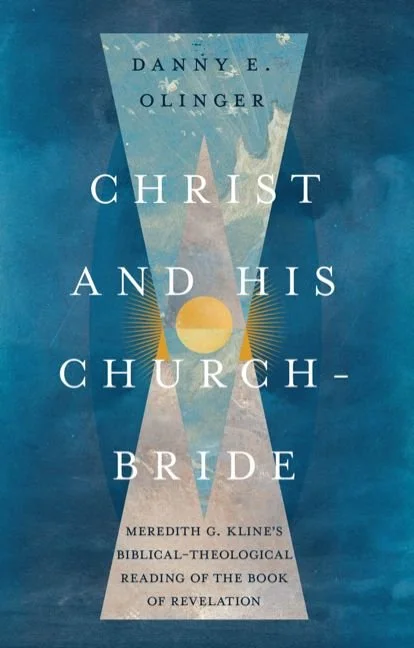Lecture Three–Preaching and Biblical Theology
In our third and final lecture, I will discuss the benefit of placing the “box-top” of redemptive history before a congregation in order to provide the “big picture” categories needed to interpret the Bible correctly. Teaching these big picture categories to our hearers will better enable them to resist the pull toward the subjective turn associated with contemporary American spirituality, a turn which renders the Bible irrelevant, pulls biblical passages out of context, or which understands the Bible as something other than revelation from God. Reading and understanding the Bible through the lens of a well thought-out biblical theology goes a long way toward helping us draw proper conclusions about what the kind of book the Bible is, as well as guiding us to the proper application we ought to draw from those doctrinal dots we have connected together.
The Panorama of Redemptive History
Building upon the previous lectures, I will focus upon an interpretive framework developed along the lines Dr. Michael Horton describes as the internal architecture of Scripture–God’s covenants.[1] God’s story as revealed in his word is tied to specific historical events which make up that story. As such, this story is true and comes to us in words and sentences with subjects, verbs, and objects, thereby summoning us to listen and look outside ourselves, not turn within. Telling God’s story challenges all personal and subjective mythologies, and is actually far more interesting than anything we can dream up.
The panorama of the redemptive drama flows out of this covenant history taking us from the moment of creation, to Eden, to Adam’s creation and fall, to the person and work of a second Adam, Jesus, including his death, resurrection, and ascension, to a new creation when our fallen universe becomes the home of everlasting righteousness. This panoramic view provides the “big picture categories” (the box-top of a many-pieced puzzle), the importance of which we will discuss in the balance of our time.
As we turn to the relationship between preaching and biblical theology, again, we are reminded of the connection between the facts of God’s redemptive word and deeds and essential Christian doctrines connected to them. The father of Reformed biblical theology, Geerhardus Vos, writes,
If we can show that revealed religion is inseparably linked to a system of supernatural historical facts at its culminating epoch in Christ–as we think can be done, we can see that the faith of the Apostles and the faith of the Apostolic Church revolved around the great redemptive facts in which they found the interpretation of the inner meaning of the Savior’s life. To the earliest Christian consciousness doctrine and fact were wedded at the outset.[2]
The key event in the Bible–Jesus’s messianic mission–takes place in a specific context, one foretold throughout the Old Testament in the words of Moses and the prophets. Promise becomes fulfillment because God’s self-revelation is inseparable from historical events. There is a definite and discernible progress in the biblical narrative toward a final and ultimate goal–the renewal of the cosmos and the redemption of God’s people.
In our first lecture I addressed the importance of preaching apologetically–grounding our preaching in the fact that Christianity is at its heart a truth claim, a claim tied to specific historical events. When looking at the box-top we see a succession of such events–the period before and after Noah, the age of the patriarchs, the Exodus, the Conquest, the exile and return, Christ’s life and messianic mission, his death and resurrection, Pentecost, and the Ascension, all pointing ahead to our Lord’s return and the final consummation.
In our second lecture, we discussed the importance of preaching from the biblical text through the lens of a system of theology. This enables us to lay out the dots, so to speak, and then connect them for those in our congregations who otherwise might not make the connections. A biblically based systematic theology provides the proper theological categories through which to understand the Bible as the revelation of God’s story in history. Doing so exposes the futility of the turn toward subjective and self-referential epistemologies typical of contemporary American spirituality. Pushing our hearers to consider “what God said and did” is a powerful antidote to focusing upon subjective “feelings,” self-justifying opinions or that misguided question we hear far too often, “what does this verse mean to you?”
The “Big Picture” Categories
In this lecture, we continue to consider “big picture categories,” but this time from the perspective of their historical development in Scripture (the historica salutis). We are looking at categories as they develop throughout the course of redemptive history (a line) not topically as in systematic theology (a circle). We already know many of the proof-tests for our doctrines, so the challenge is to look to see how these doctrines extend throughout the whole of Scripture and which challenge those who have taken the subjective turn.
To read the rest, follow the link below
Read More




















